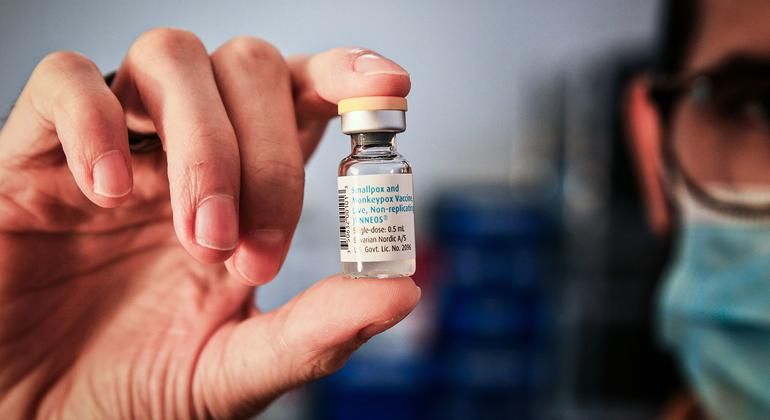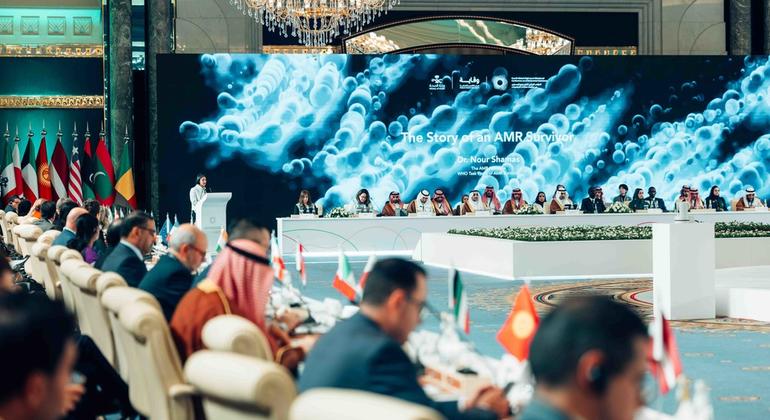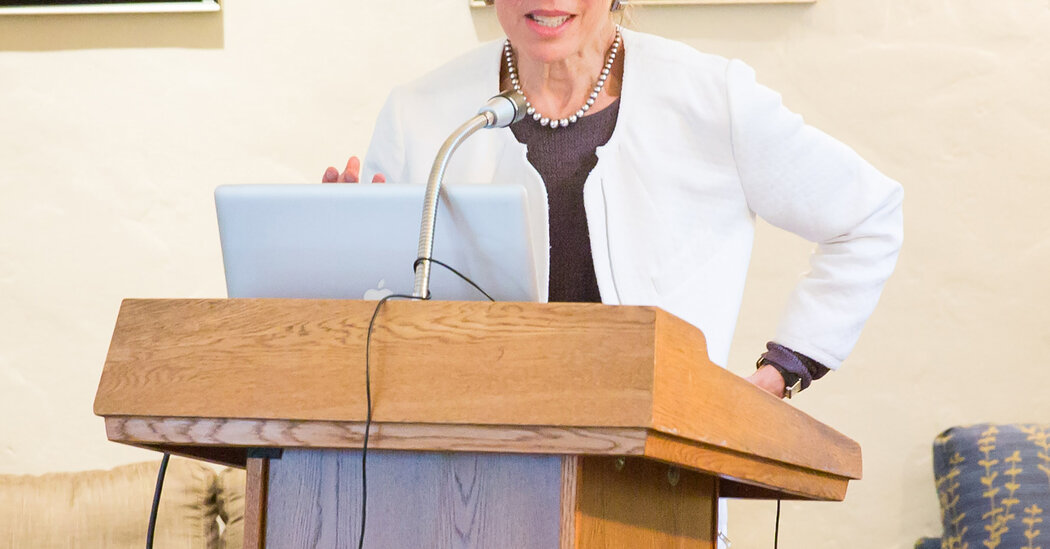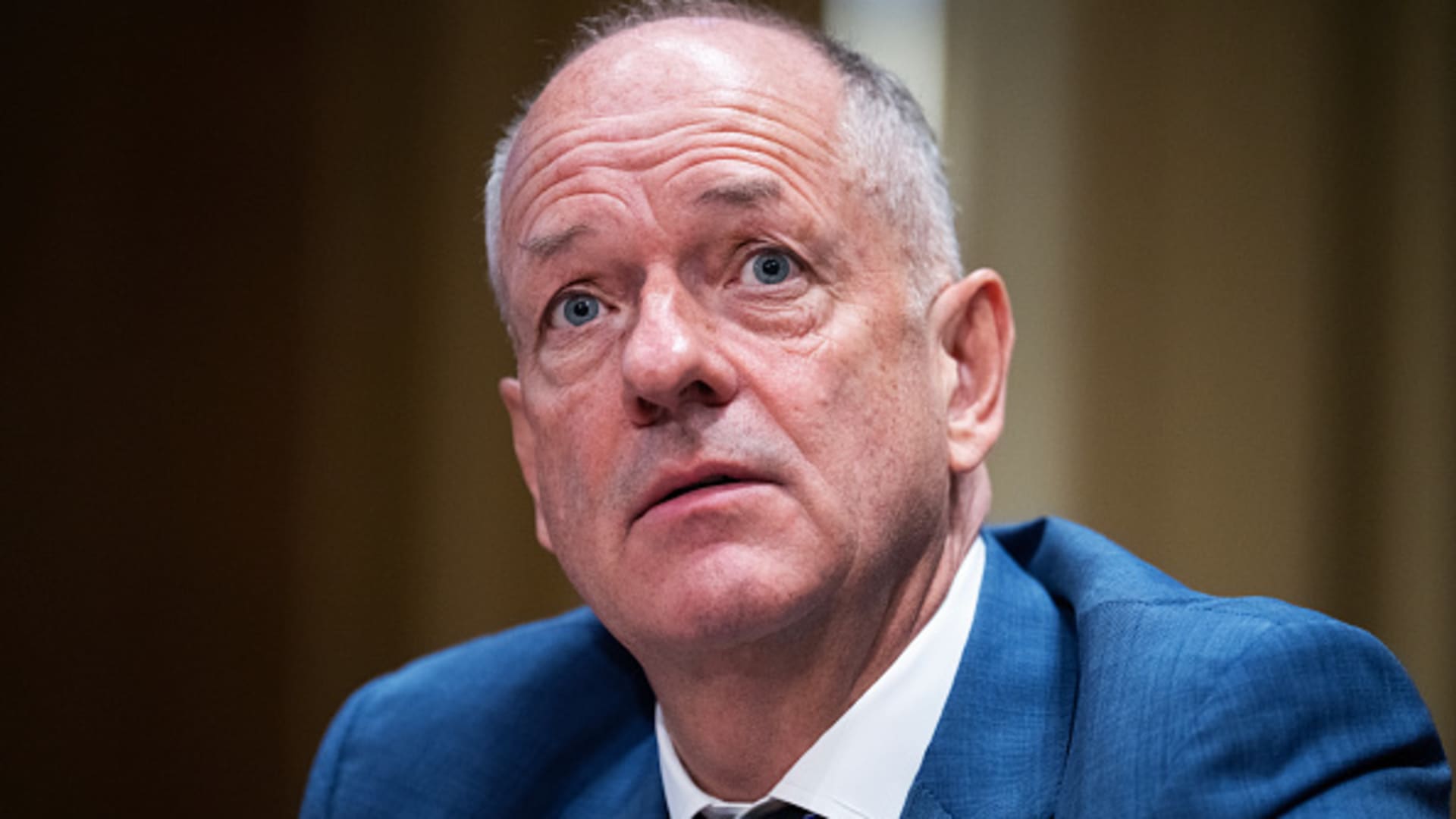At a press conference in Geneva, Dr Hans Kluge, WHO Regional Director for Europe, insisted that the risk from mpox to the general population was “low”.
She rejected comparisons between the fast-spreading viral disease, which the agency declared an international public health emergency last week, and the COVID-19 pandemic, “regardless of whether it is mpox clade 1, behind the ongoing outbreak in central and eastern Africa, or mpox clade 2, behind the 2022 outbreak that initially affected Europe and has continued to circulate in Europe since then.”
“We know how to control mpox and, in the European region, the steps needed to eliminate its transmission completely.“Dr. Kluge continued.
Transmission pattern
Current scientific knowledge about the virus indicates that it is transmitted primarily through skin-to-skin contact with mpox lesions, including during sexual intercourse. The UN health agency official's response to questions about whether Europe would experience COVID-like lockdowns was a a resounding “no”.
Speaking via video link from Copenhagen, Dr Kluge recalled that the 2022 European mpox outbreak was brought under control “thanks to direct engagement with the most affected communities of men who have sex with men”.
He cited “behavioral change, non-discriminatory public health action and mpox vaccination” as success factors in Europe in 2022. However, the region “failed to go the last mile” to end the disease and is Currently, about 100 new cases of MPOX clade 2 are observed each month.said.
A sample is taken from a person with mpox.
A mutation was discovered
Last week, Sweden became the first country outside Africa to record a case of the mpox clade 1 variant, which is at the centre of the latest outbreak and has spread from the Democratic Republic of Congo (DRC) to neighbouring countries. The Swedish case involved a person who had travelled to an affected area in Africa.
The current alert status due to clade 1, which is considered more serious, gives European health authorities the opportunity to also strengthen the focus on clade 2 and eliminate it “once and for all”, Dr Kluge urged.
Smallpox vaccines work
The representative of the UN health agency He specifically called for European solidarity with Africa, particularly with regard to equitable access to vaccines..
WHO recommends the use of MVA-BN or LC16 vaccines, or ACAM2000 vaccine when the other vaccines are not available. These vaccines were originally developed against smallpox, a disease that has now been eradicated.
WHO spokesman Tarik Jašarević said that the MVA-BN producer, Bavarian Nordic, “has the capacity to manufacture 10 million doses by the end of 2025 and can already supply up to two million doses this year.” As for LC16, which is a vaccine produced on behalf of the Japanese government, he stressed that there is a “considerable” reserve of this vaccine.
“Japan has been very generous in the past with donations” and is currently in negotiations with the DRC government, he said.
The Democratic Republic of the Congo has reported More than 15,600 cases of mpox so far this year and about 540 deaths.

Monkeypox lesions usually appear on the palms of the hands.
An international response is triggered
Last week, WHO chief Tedros Adhanom Ghebreyesus launched an “emergency use listing” process for mpox vaccines, designed to speed up access for low-income countries that have not yet issued their own regulatory approval.
The move also allows UN health agency partners such as Gavi, the Vaccine Alliance and the United Nations Children's Fund (UNICEF) to procure vaccines for distribution.
Dr. Kluge mentioned that the European Union (EU) is already donating vaccines, which made him “optimistic,” but that this generosity will be put to the test if more vaccines are needed in the EU.
And while vaccines are essential, they are “just some of the tools,” said WHO’s Mr. Jašarević, along with contact tracing, strong surveillance, public health measures and adequate clinical care for those who need it.
He mentioned that a positive legacy of the COVID-19 response was the improvement of laboratory capacity around the world, which allowed for better detection of various viruses.
Drawing on health lessons from the recent pandemic, global coordination will be key to defeating mpox.We can and must tackle the MPOX problem together, across all regions and continents.“Will we choose to implement systems to control and eliminate MPOX globally? Or will we enter another cycle of panic and then neglect?”
“How we respond now and in the coming years will be a decisive test for Europe and the world,” concluded Dr Kluge.












